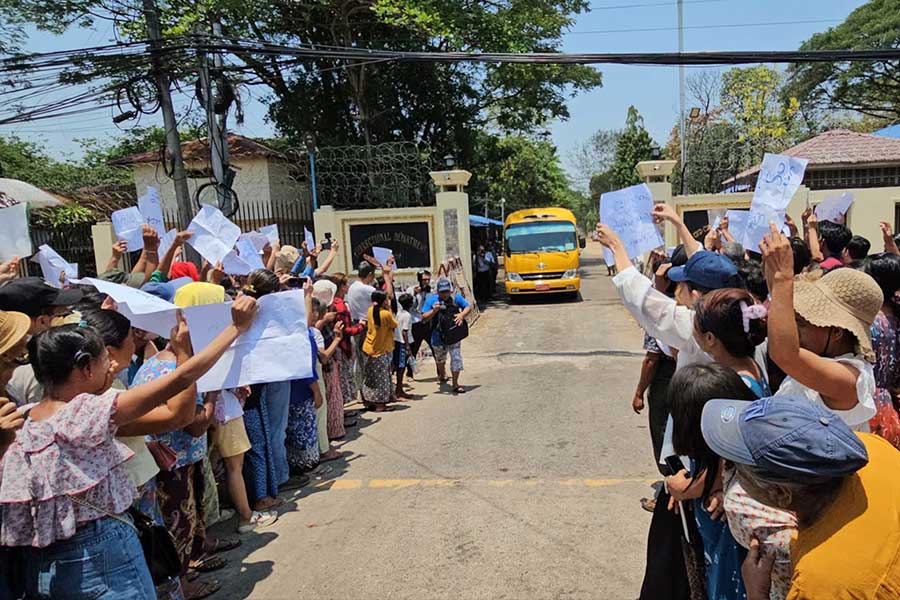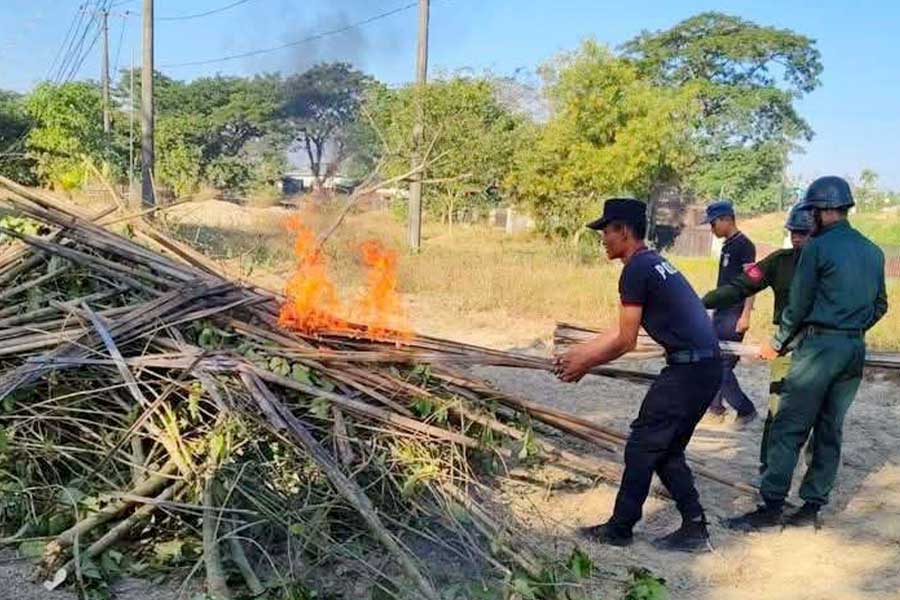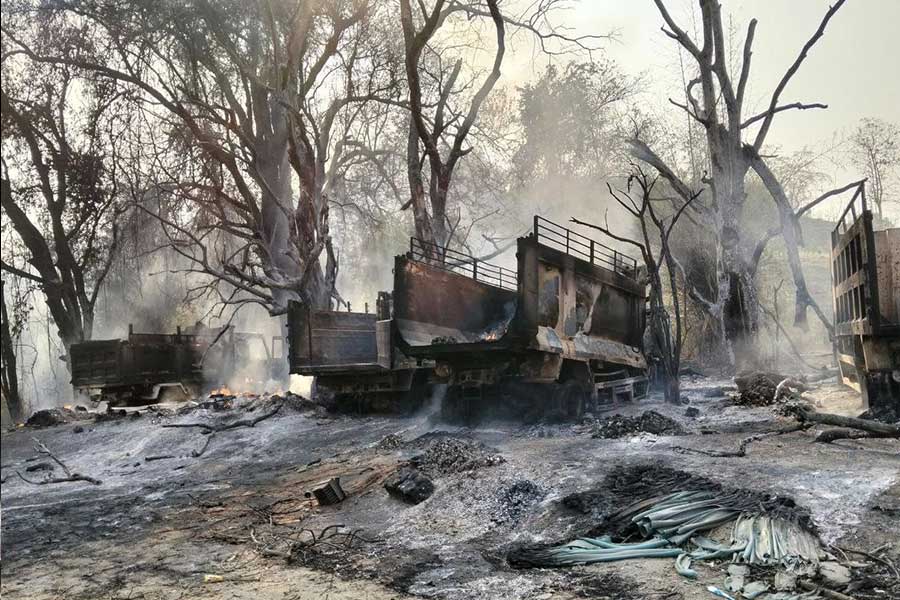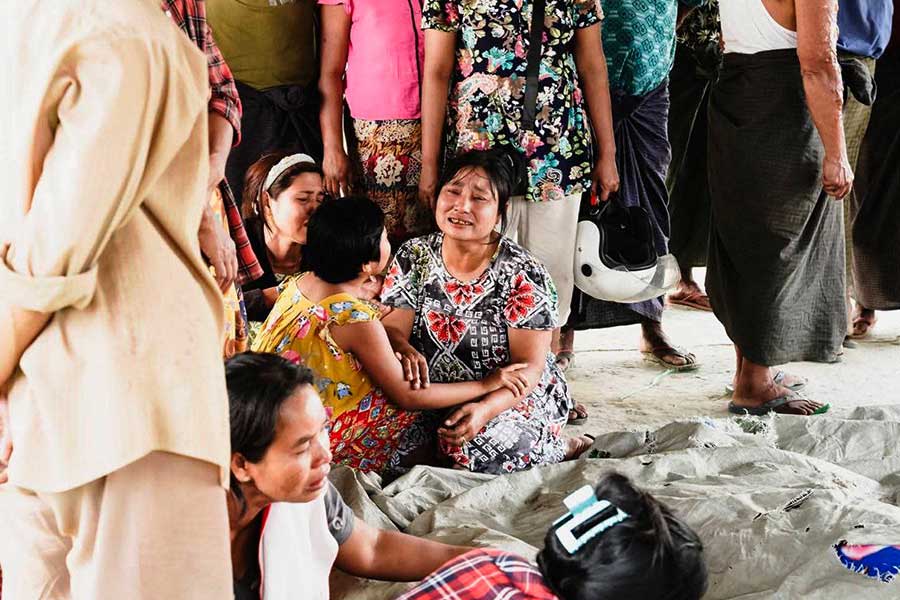- Weekly Highlights from Arakan (Feb 23 to March 1, 2026)
- Over 300 political prisoners freed from 10 prisons nationwide
- DMG Editorial: Between War and Opportunity - A New Border Reality for Bangladesh and Arakan
- Arakan Army sets five-year prison term for kratom cultivation in controlled areas
- Junta airstrikes kill over 25, including Arakanese merchants, in Mindon Twsp
Healthcare woes continue to bedevil IDP camps in Arakan State
Internally displaced people (IDPs) living in displacement camps in Arakan State are suffering from diarrhoea, skin diseases and seasonal influenza, and are in need of better medical care, according to IDPs.
03 Jul 2022
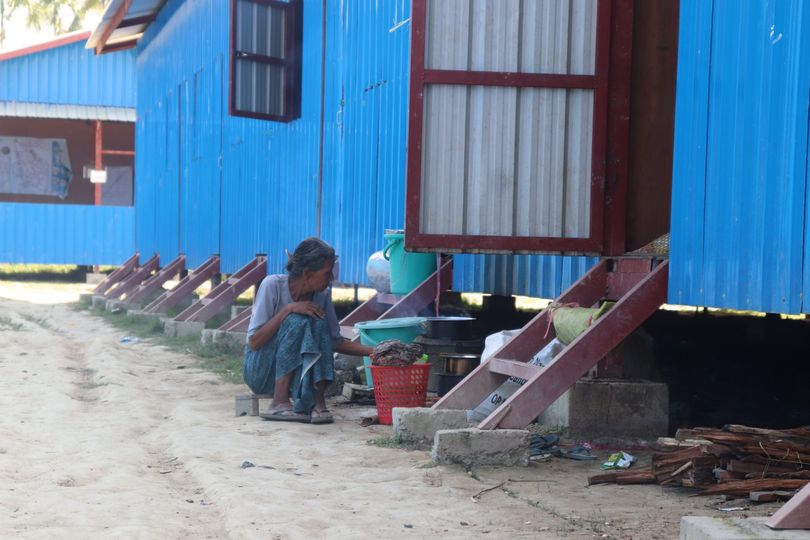
DMG Newsroom
3 July 2022, Sittwe
Internally displaced people (IDPs) living in displacement camps in Arakan State are suffering from diarrhoea, skin diseases and seasonal influenza, and are in need of better medical care, according to IDPs.
IDPs say the unhygienic conditions include stagnant waters that serve as mosquito breeding grounds, and the consumption of contaminated water that frequently leads to diarrhoea.
Medicines are hard to come by, and some IDPs are unable to afford them even if they have access, said Daw Win May, an IDP woman from the Dhammayon IDP camp in Rathedaung Township.
At least 10 IDPs, including children, had fallen ill and were suffering from seasonal flu, she said.
“Children get the flu when it rains and the sun gets hot. In the case of the flu, an infected person’s body and limbs ache. When one person in a family gets the flu, they all cling to each other and the virus spreads quickly,” she added.
About 10 people at the Wah Taung IDP camp in Kyauktaw Township, which has a population of more than 1,000, contracted diarrhoea in recent weeks due to drinking contaminated water, said U Tun Hla Kyaw, an IDP from the camp.
“When it rains in the camp, children and adults have diarrhoea because they have to drink the same water. … Health workers from the Department of Public Health provide healthcare services to IDPs twice a month,” he explained.
The Nyaungchaung IDP camp, which has a population of more than 3,000, has about 30 people infected with chickenpox, including children and the elderly, and those with severe cases are being treated at hospitals and clinics, said Daw Cho Oo May, a resident of the camp.
“Children lose weight because they cannot stand the pain of chickenpox. We also do not have a lot of money to eat nutritious food every day. As a result, children are not easily relieved,” she said.
Dr. Soe Win Paing, assistant director of the Arakan State Public Health Department, urged health workers in each township to provide weekly healthcare in the various displacement camps, and advised those who are sick to eat more nutritious food to boost their immune systems.
U Hla Thein, a spokesman for the Arakan military council, urged people to make efforts to avoid mosquito bites, and to seek treatment at local health clinics for coughs, colds and runny noses.
IDPs are also in need of food and shelter, said Ko Bekkar, a relief worker from Rathedaung Township, who added that makeshift tents need to be repaired in an urgent manner.
“Nowadays, the number of donors contributing to IDPs is dwindling. Lack of support also leaves IDPs with various traumatic experiences. We urge the incumbent government to do more to help with the displaced people’s difficulties,” he said.
There remain more than 60,000 people displaced by past fighting between the Myanmar military and Arakan Army (AA) in Arakan State who have not yet been able to return to their homes, according to figures compiled by the Rakhine Ethnics Congress (REC).




